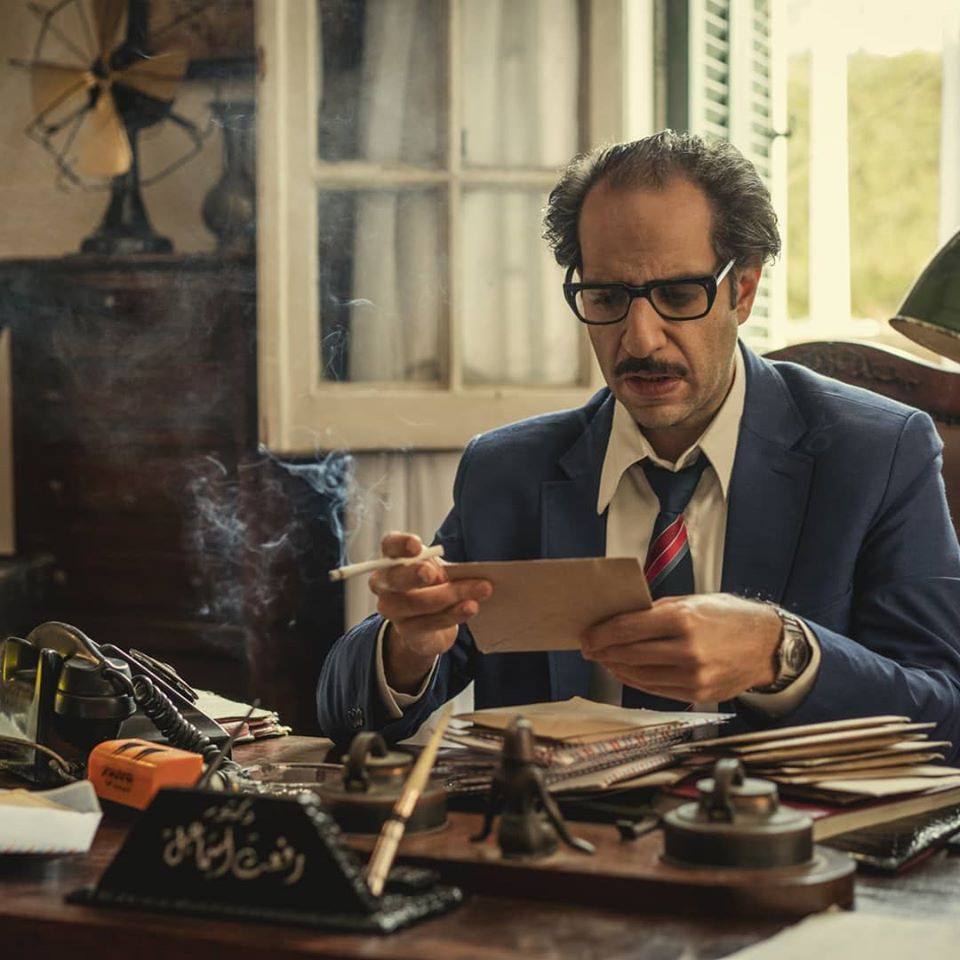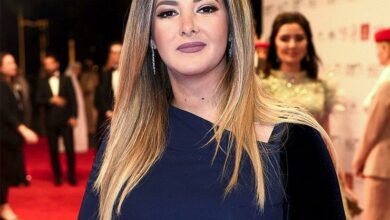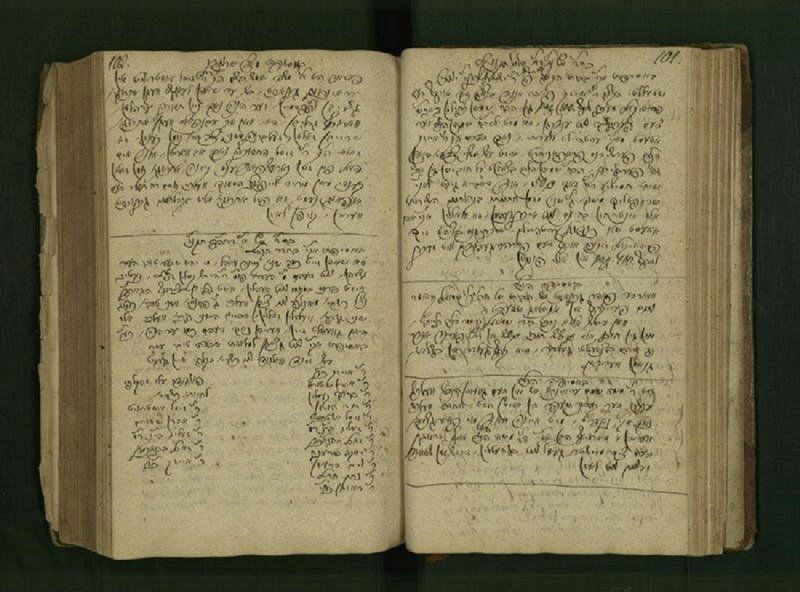
In a sense, the text of a play is incomplete. It is written to be performed, more than to be simply read.
And in this way, “staging plays is always an act of translation,” as actor and professor of drama Mahmoud El Lozy argues in a talk titled “Translating for the Stage,” part of the American University in Cairo’s In Translation lecture series.
The ways in which a single text can be performed are various.
“Drama undergoes multiple translations,” explains commentator and owner of the blog Arabic Literature (in English) Marcia Lynx Qualey in an email interview. “There is the initial translation of the text, then the director’s translation (or interpretation), the actors’ translations, the costume-designers’, then the translations into the audience’s minds.”
The language of the translation must be speakable.
“A text in dialogue might not be dramatic — it must have rhythm and speakability,” Lozy says.
It is this fact that drama always involves translation and the importance of speakability — which some theorists have taken to calling “performability”— that lead Lozy to suggest that theater practitioners probably make the best translators of theater.
“As a theater practitioner translating, you really try to see the performance. But that also means that because you have this perspective, when it comes to translation, the problems intensify,” he says.
Indeed, after a short burst of enthusiasm some 20 years ago, Lozy stopped translating plays.
The translated play, when it is performed, needs to be believable within the logic of that play’s world.
Comic political satire, in particular, Lozy suggests, would suffer from accuracy in translation.
“Accuracy can be detrimental to performance. To be faithful to a text, sometimes you need to violate it in terms of accuracy,” he asserts.
This is a perennial problem of translation, but one accentuated when it comes to translating dramatic works.
Cairo-based translator Zeinab Mobarak has been translating plays between Arabic and English for years.
“Translating theater, in my opinion, is translating a living entity — it is a spoken word that has a pulse and beat, and in translation, we need to keep that alive,” says Mobarak.
If the words coming out of a character’s mouth are stilted when they are not supposed to be, the audience is reminded that they are watching a translation.
“Do we want to be reminded that this is a translation throughout? To constantly feel the play’s ‘otherness’ or foreignness? I think not,” Lozy argues in his talk.
But then this raises a conundrum.
“Do we want to therefore eradicate all cultural specificity and find the equivalent in the target language?” he asks. “Do we really want to equate everything so that everything becomes the same?”
El-Warsha Theater Troupe, founded in 1987, has staged a number of translated plays over the years. Last year, it was Franz Kafka, and currently, there is an Anton Chekhov production in the works. Hassan El-Geretly, co-founder and director of the troupe, says: “There are a lot of translations around, but they are mostly in classical Arabic.
“And there is a risk that doing the production will be like warming up dead bodies,” he suggests, rather morbidly.
What El-Warsha does, then, is more adaptation.
As Geretly puts it, “The text has been written and then translated for the stage, and we translate it to the stage.”
Quite often, this entails adapting the play to colloquial Egyptian. But getting dialogue right is not just about language. In the late 1980s and early 1990s, the troupe worked on a couple of plays by Harold Pinter.
“While I was not so aware of it at the time,” Geretly remembers, “we had got the dialogue right so that it flowed and the characters sounded like Egyptians. The thing is they were not English any more, but they were not quite Egyptian either. There was something not quite believable about them.”
And of course there is no single colloquial language.
“The colloquial used will depend on context and character,” Geretly says.
And how could these different colloquials be rendered in English? For an American audience, as Lozy asks rhetorically at his talk, “Would a fellah or peasant accent become someone speaking as if he came from the American South?”
Mobarak translated a relatively unknown Tawfiq al-Hakim play into English, and, at the same time, she adapted it to colloquial Egyptian.
“But each was a separate process. Whether I was working with the English or the colloquial, I dealt with the text as if I had never encountered it before,” Mobarak says.
There is always the risk that translated standard Arabic will sound stilted in English. And when it comes to translating into standard Arabic, Mobarak suggests this is particularly challenging for theater “because it is relatively more ‘static’ than other current spoken languages. Its structure does not allow for the kind of freedom that colloquial spoken languages have.”
But it’s not as if colloquial is simple either.
“Take the fact that language changes with time. The colloquial Arabic of one period is not going to sound colloquial at all today,” Mobarak explains. “For the character to become alive, when you translate you have to see where you are located both in terms of time and place.”
Trying to find the equivalent in the target language, “assalam aleiykum” may become “good morning,” which is rather dry.
Expressions that are religious or seemingly religious in nature bring the issue into sharp relief.
“There is no rule you have to follow. But you have to make sure the character does not sound like a religious freak if he is not, or one of those Hollywood Arabs,” Lozy says.
The real issue when it comes to translating from Arabic to English is not linguistic, says Margaret Litvin, scholar of Arabic and Comparative Literature, and author of a book about Hamlet’s iterations in Arabic. “The major challenge is historical,” she says.
“The overall trends in translation to English today are moving toward an acceptance of polyglossia, or the presence of the foreign language in the text, or [in theater] the physical presence of speakers of that language on stage,” she explains.
With Arabic though, this does not work so well.
“Bringing across the other in all his otherness smacks of Orientalism. The balance between ‘look, they are just like us’ and ‘pay attention, they have their own culture’ has to be played very carefully,” she says.
And, as such, translators from Arabic to English “feel ethically bound to domesticate a bit, to make the text ‘flow’ and cohere in English, and to reduce its elements of foreignness.”
The market for theatre is somewhat limited. Drama is the smallest piece of the Arabic-English literary translation picture, Lynx Qualeysays. “While a given year might see 25+ novels and a half-dozen poetry collections appearing in English translation, it’s a good year to find even one theatre translation in print.”
But, as she points out, “of course, theater does not have to be published in order to make the journey from one nation’s stage to another.”
Indeed, Mobarak’s recent translation of Henrik Ibsen’s “The Doll House” into standard Arabic was the first translation she had done for a publisher. She is usually commissioned to translate for a particular production.
Theater has not been immune from the resurgence of interest in the Western world in Arab art. This presents, “a double-edged” opportunity for Arab theater artists, Litvin suggests.
When a play is approached with the expectation that it will act as a gateway to Arab culture, it no longer stands for itself.
“An audience driven by ethnographic curiosity can turn avant-garde or experimental theater into the most deadening kind of traditional theater,” she says.
For all the challenges of translating drama into Arabic and Arabic drama into English, Lozy suggests during his talk, most people would agree that without translation we would all be poorer: “I would rather get a glimpse than nothing at all.”
This piece was originally published in Egypt Independent's weekly print edition.




